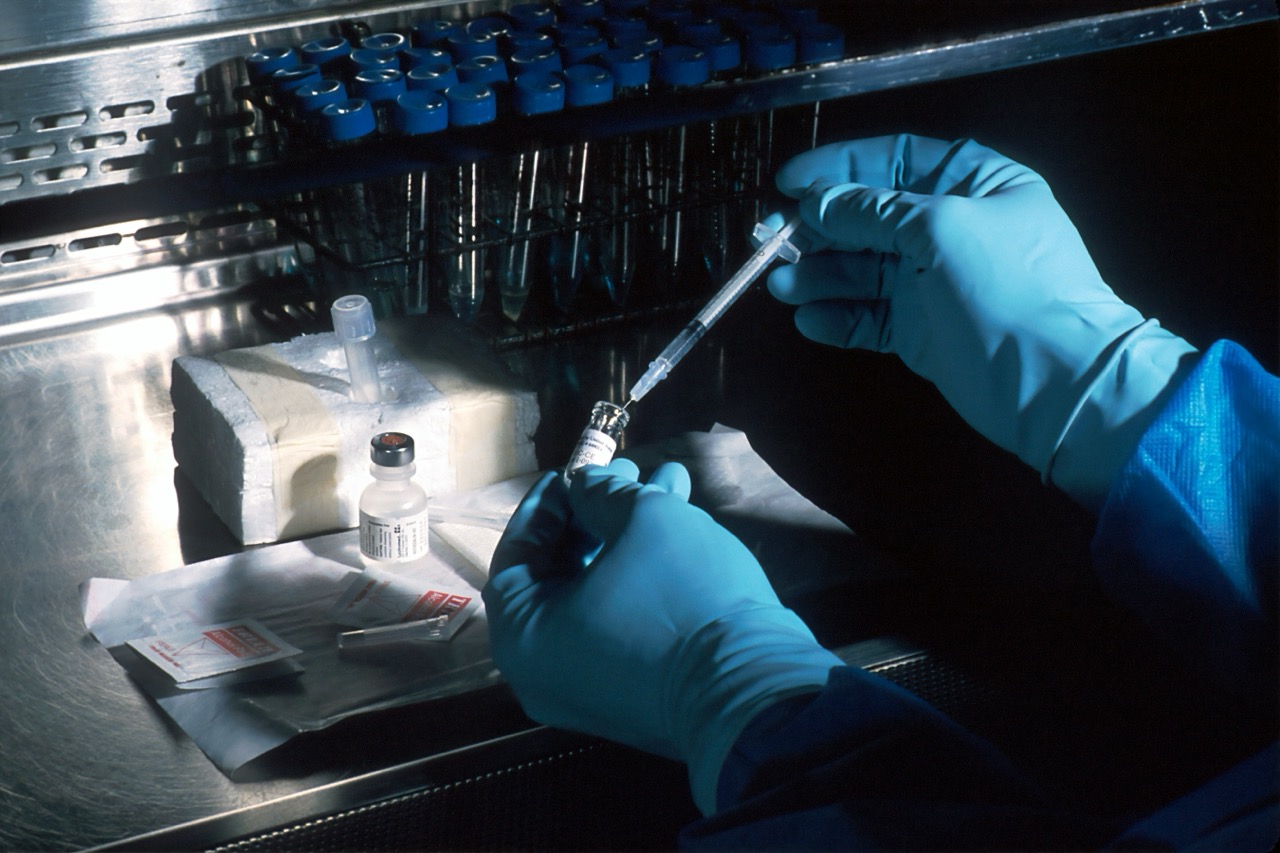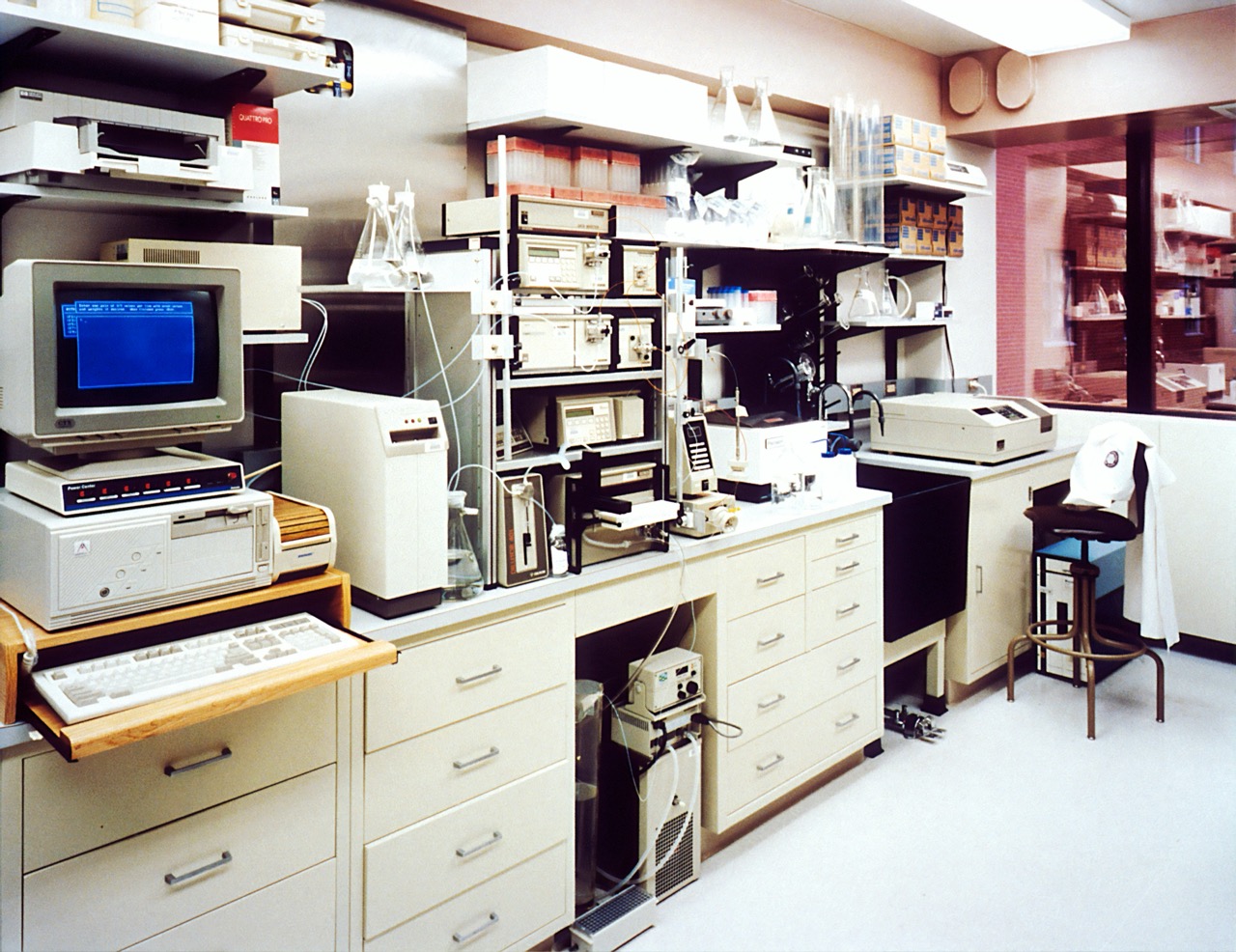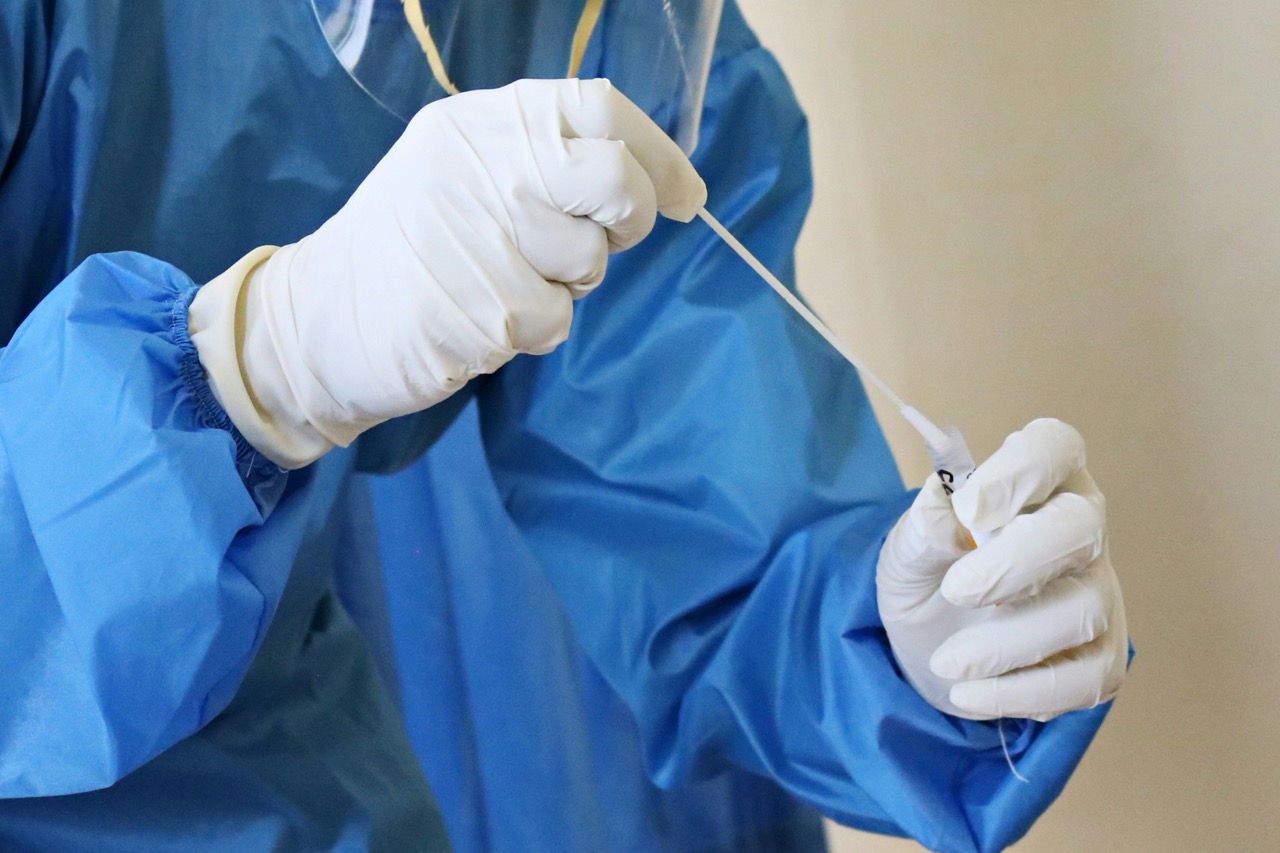In recent years, the influence of celebrities has permeated various facets of public life, extending even to critical health conversations. With their vast reach and ability to shape public perception, celebrities have become pivotal figures in raising awareness about various health issues, including sexually transmitted diseases (STDs). This article explores the multifaceted role of celebrities in promoting STD awareness, analyzing historical contexts, case studies, and the effectiveness of their advocacy efforts.
As society grapples with health challenges, the intersection of celebrity influence and public health initiatives becomes increasingly apparent. Celebrities possess a unique platform that allows them to engage millions, often transcending traditional barriers of communication. By leveraging their status, they can foster conversations around stigmatized topics such as STDs, contributing to destigmatization and education. This article seeks to illustrate how celebrity involvement not only enhances public awareness but also encourages proactive health behaviors among diverse demographics.
Historical Context of Celebrity Involvement in Health Issues
Historically, celebrities have played a crucial role in various health campaigns, often acting as catalysts for change. From the fight against HIV/AIDS in the 1980s, where figures like Elton John and Elizabeth Taylor raised significant funds and awareness, to contemporary initiatives addressing mental health, celebrities have consistently used their platforms to highlight issues that resonate with the public. Their involvement has often led to increased funding, research, and visibility for health-related causes, establishing a precedent for future advocacy.
The evolution of celebrity involvement in health issues reflects broader societal changes in how health is perceived and discussed. As awareness surrounding STDs has grown, so too has the recognition of the essential role that influential figures can play in normalizing these discussions. The historical context reveals a trajectory of increased engagement, illustrating that celebrity advocacy is not a novel concept but rather a vital component of public health discourse.
Understanding STDs: Prevalence and Public Awareness Gaps
Sexually transmitted diseases remain a significant public health concern globally, with millions of new infections reported annually. Despite medical advancements and available treatments, many individuals remain uninformed about the risks associated with STDs and the importance of regular testing. This gap in public awareness can be attributed to various factors, including societal stigma, lack of comprehensive sexual education, and misinformation.
Furthermore, the stigma surrounding STDs often leads to silence, leaving many individuals reluctant to seek help or discuss their experiences. This silence exacerbates the spread of infections and contributes to a culture of shame surrounding sexual health. By harnessing the star power of celebrities, public health campaigns can address these awareness gaps, encouraging open dialogue and promoting healthier behaviors among the general populace.
The Impact of Celebrity Advocacy on Public Health Campaigns
Celebrity advocacy has been shown to significantly impact public health campaigns, often leading to increased engagement from target audiences. When well-known figures publicly discuss health issues such as STDs, they can capture attention and inspire individuals to seek information and resources. Their influence can galvanize communities, encourage testing, and promote safe sexual practices, ultimately contributing to the reduction of infection rates.
Moreover, celebrities can help to humanize health issues by sharing personal stories or experiences related to STDs. This approach fosters empathy and understanding, making it easier for the public to relate to the subject matter. By framing STDs as a common health concern rather than a source of shame, celebrity advocates can help dismantle the stigma that often surrounds these conditions, facilitating a more informed and compassionate dialogue.
Case Studies: Successful Celebrity-Led STD Awareness Initiatives
Several notable case studies illustrate the effectiveness of celebrity-led initiatives in raising STD awareness. One prominent example is the “Get Yourself Tested” campaign, launched by the CDC in collaboration with various celebrities, including musician and actor Apl.de.ap. The campaign utilized catchy advertisements featuring familiar faces to encourage young adults to prioritize regular testing, ultimately resulting in increased testing rates and public engagement.
Another impactful initiative came from singer-songwriter Demi Lovato, who openly shared her own experiences with STDs in interviews and social media. Her candidness resonated with many, particularly among young audiences, and led to greater visibility for the importance of sexual health. These case studies underscore how celebrity involvement can successfully mobilize public interest and drive significant changes in health behaviors.
Media Representation: Celebrities and Health Communication
Media representation plays a crucial role in shaping public perceptions of health issues, including STDs. Celebrities often serve as the face of health campaigns, appearing in advertisements, interviews, and public service announcements. Their visibility can challenge prevailing stereotypes and misconceptions, making health topics more approachable and relatable for audiences.
However, the representation of celebrities in health communication is a double-edged sword. While their involvement can foster awareness and education, it can also perpetuate unrealistic standards or oversimplify complex issues. Therefore, it is essential to strike a balance in media representation, ensuring that celebrity messages are grounded in accurate information while still resonating emotionally with the public.
Social Media’s Role in Amplifying Celebrity Health Messages
In today’s digital age, social media acts as a powerful tool for amplifying health messages propagated by celebrities. Platforms such as Instagram, Twitter, and TikTok enable stars to reach millions instantly, allowing them to share vital information about STDs and encourage followers to engage in healthy practices. This ability to communicate directly with fans democratizes health information and fosters a sense of community around shared experiences.
Moreover, social media offers a more personal touch, allowing celebrities to express vulnerability and share their own journeys related to sexual health. This authenticity can foster deeper connections with followers, encouraging openness and dialogue about STDs. However, the rapid dissemination of information also necessitates vigilance against misinformation, highlighting the importance of celebrities partnering with public health experts to ensure that their messages are both impactful and accurate.
Challenges Faced by Celebrities in STD Advocacy Efforts
Despite their potential for significant impact, celebrities face numerous challenges in advocating for STD awareness. One of the primary obstacles is the societal stigma associated with sexual health issues, which can deter celebrities from sharing their experiences or publicly endorsing testing and treatment. This stigma can also make it difficult for audiences to engage with the topic, leading to resistance or backlash against advocacy efforts.
Another challenge lies in the complexity of health communication. The nuances of STDs, including prevention, treatment, and societal implications, can be difficult to convey effectively in a public forum. Celebrities must navigate these complexities carefully, ensuring that their messages are clear, accurate, and sensitive to the diverse experiences of individuals affected by STDs. This balancing act requires collaboration with health professionals and a commitment to responsible advocacy.
Ethical Considerations in Celebrity Health Engagements
The engagement of celebrities in health advocacy raises several ethical considerations, particularly regarding the potential consequences of their influence. While celebrities can effectively raise awareness, there is a risk that their messages may inadvertently promote misinformation or oversimplify complex health issues. It is crucial for celebrities to work closely with health experts to ensure that their endorsements are grounded in evidence and do not contribute to misunderstandings.
Furthermore, the motivations behind celebrity involvement in health campaigns must be examined critically. While many celebrities genuinely seek to make a positive impact, others may be driven by personal gain or publicity. This dichotomy raises questions about the authenticity of their advocacy and the potential commodification of health issues. Therefore, transparency and accountability are essential components of ethical celebrity engagement in health initiatives.
Measuring Effectiveness: Metrics for Celebrity Advocacy Impact
Evaluating the effectiveness of celebrity-led health campaigns presents unique challenges. Traditional metrics, such as increased testing rates or changes in public attitudes, can be influenced by a variety of factors beyond celebrity involvement. Therefore, it is crucial to develop comprehensive evaluation frameworks that consider multiple indicators of success, including social media engagement, public discourse, and shifts in stigma.
Additionally, qualitative measures, such as audience sentiment and personal testimonies, can provide valuable insights into the impact of celebrity advocacy. By employing mixed-method approaches to assessment, public health organizations can gain a more nuanced understanding of the effectiveness of celebrity involvement in raising STD awareness and tailor future initiatives accordingly.
Future Directions: Leveraging Celebrity Influence for Change
As the landscape of public health continues to evolve, there is significant potential for leveraging celebrity influence to drive positive change in STD awareness and education. Future initiatives could focus on fostering partnerships between celebrities and health organizations to create targeted campaigns that address specific demographics and regions. By aligning celebrity influence with evidence-based strategies, these campaigns can maximize their reach and effectiveness.
Moreover, the integration of technology and digital platforms can enhance the impact of celebrity-led initiatives. Virtual events, live Q&A sessions, and interactive campaigns can engage audiences in real-time, fostering deeper connections and encouraging participation in health-promoting behaviors. By harnessing the power of technology alongside celebrity influence, future initiatives can create a more informed and proactive public regarding sexual health.
In conclusion, the role of celebrities in raising STD awareness is multifaceted and holds significant promise for improving public health outcomes. Their ability to engage audiences, challenge stigma, and foster open dialogue is invaluable in addressing the gaps in awareness surrounding STDs. By critically examining the effectiveness, ethical considerations, and future directions of celebrity advocacy, stakeholders can better harness this powerful influence to facilitate lasting change in sexual health education and awareness. Ultimately, the legacy of celebrities in health education may well pave the way for more informed, compassionate, and proactive approaches to sexual health in society.










